Mike Lynch takes the stand, but marathon trial tests jurors
On a bright and blustery Thursday in San Francisco, Mike Lynch finally took the stand in the marathon criminal trial that could land the 58-year-old behind bars for the rest of his life.
He raised his right hand, swore to “tell the whole truth and nothing but the truth”, and then politely blasted the US Department of Justice’s portrayal of him as a mafioso-style fraudster who cooked the books of Autonomy, his British software firm, to dupe Hewlett-Packard (HP) into paying billions of dollars for what amounted, allegedly, to a “massive” fraud.
“It’s surreal,” Lynch said. “I’ve heard comments from people that just don’t paint the picture of the company that I and my colleagues and friends worked at for 15 years. I’ve sat and watched a parade of witnesses that I’ve never met, or maybe I’ve shaken their hand. I’ve heard about a series of transactions I have no involvement in, accounting decisions I have no involvement in, and not much else.”
It is hard to overstate the stakes for Lynch, who was born in Ilford, Essex, and was once feted as Britain’s answer to Bill Gates. The government’s case centres on the decision by HP, the faded legend of Silicon Valley now known as Hewlett Packard Enterprise (HPE), to buy Autonomy for $11.7 billion in 2011. Within a year, HP had written down the company’s value by 75 per cent — or $8.8 billion. It claimed to have uncovered a sprawling fraud designed to make it seem as though Autonomy was far bigger, and more profitable, than it actually was.
Lynch, who pocketed $516 million in cash from the takeover, was fired — and so began an improbably protracted legal dispute that is finally approaching its denouement. The tycoon was extradited from Britain last year to face a federal indictment on 16 counts of conspiracy, wire fraud and securities fraud. Fitted with an ankle monitor and living under house arrest in San Francisco, he faces up to 25 years in prison if convicted.
Despite the danger, he struck a remarkably relaxed tone in court as his lawyer sought to humanise a man depicted by the government as a devious financial mastermind. Asked if he would go back and change anything, Lynch said: “The first one is to buy Apple stock in the ’70s.” He talked about growing up during the Troubles in 1970s London as the son of Irish immigrants — “You had to learn to run fast,” he said — and of his first job as a cleaner at the hospital where his mother worked as a nurse. “I’m still a demon mopper,” he said.
Unlike other witnesses, Lynch looked not at the public gallery or his lawyer, but appeared to speak directly to the jury of 13 Americans (12 jurors, plus an alternate) as he said his piece.
Typically, criminal defendants do not testify because of the risk that comes with being cross-examined by prosecutors. Thirteen years on from Lynch’s crowning achievement-turned-nightmare, the tycoon decided it was worth the risk. On Autonomy, his lawyers sought to drive home the point that Autonomy was a huge organisation, with nearly 2,000 employees spread across 20 countries bringing in about $2 billion in sales over the two years leading up to the HP deal. In that context, the questionable accounting of deals highlighted by the government — most of which amounted to single-digit millions of dollars — were inconsequential, and certainly not the cause of a multibillion-dollar writedown, as HP alleged.
Lynch said: “A million dollars is a lot of money, but in the context of $2 billion, it is not very much at all.”
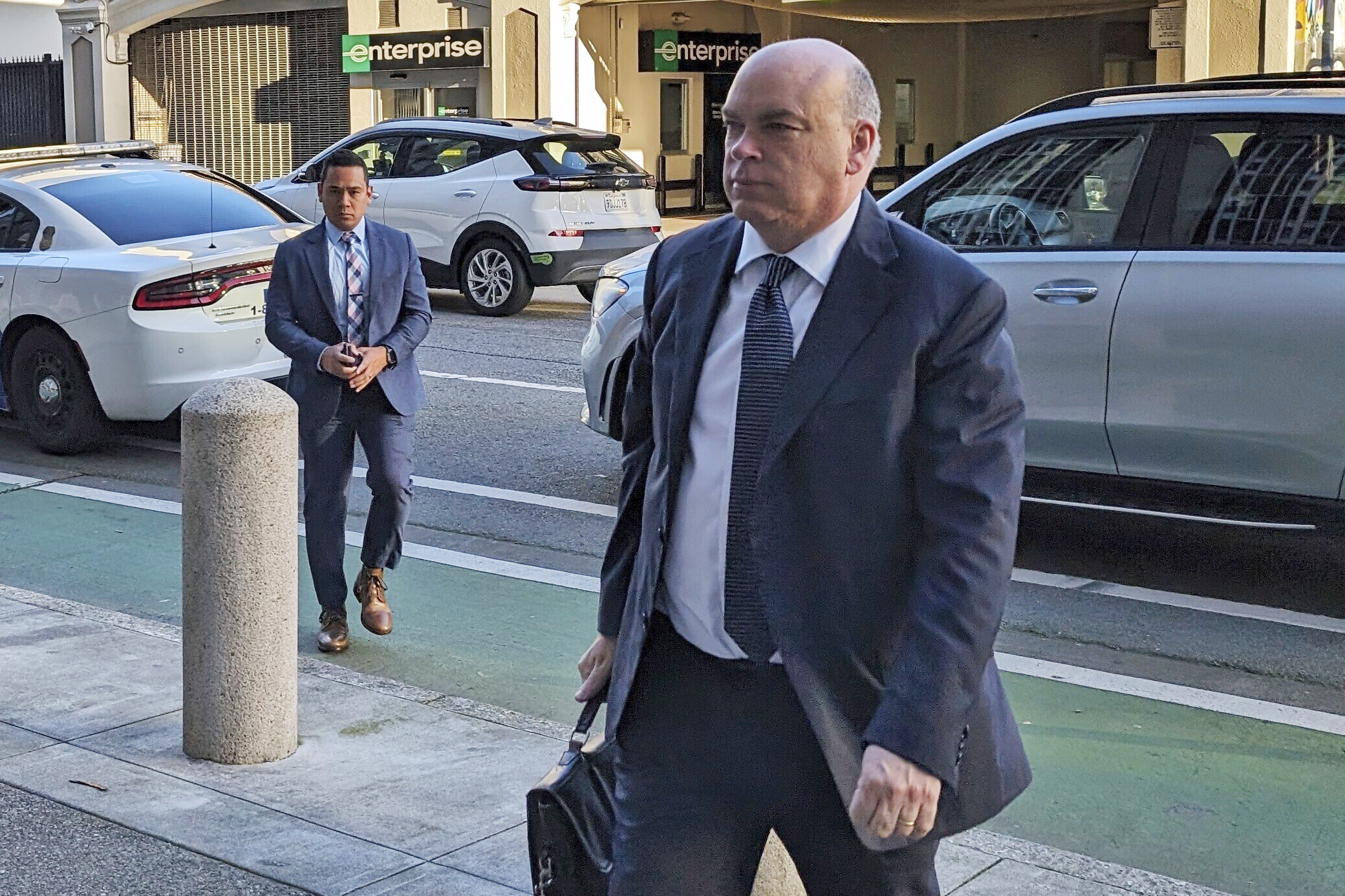
Lynch, his lawyers argued, also operated at a level far above that at which the alleged fraudulent sales deals were being struck. “I’m not an accountant, so I don’t get involved in the capital decisions. And I’m not a sales person — I didn’t get involved in the sales transactions,” Lynch said.
The day before, his team had called to the stand Jonathan Bloomer, chairman of Morgan Stanley International and insurance giant Hiscox. Bloomer, 70, was chairman of Autonomy’s audit committee at the time and explained how some of the deals highlighted by the government could be accounted for differently — and legally — under British rules. Lynch “wasn’t particularly interested in the finance side”, he added. “Mike was mostly interested in the strategy, new products, new areas to look at … He didn’t come to the audit committee.”
When Lynch was asked by his lawyer if he defrauded HP in any way, he responded flatly: “No.”
The deck is stacked against him, though. For one thing, Sushovan Hussain, Autonomy’s former finance director, was convicted in 2018 and spent five years in a federal prison for his part in the scheme that the government alleges was led by Lynch. That case was tried in the same courtroom before the same judge, who made the critical decision to prohibit Lynch’s lawyers from introducing any evidence arising after HP bought Autonomy.
Most takeovers fail — and, most often, this is due not to fraud but to the culture clashes, poor integration and other difficulties that can happen in company mergers. What’s more, in 2022, the UK High Court in London found HPE had “substantially proven” that Lynch had defrauded the Americans. HPE awaits judgment on its demand that Hussain and Lynch pay it $4 billion (£3 billion) in damages.
The difference is that the San Francisco case is criminal and, given Lynch’s age, he could spend the rest of his days behind bars if convicted. His wife Angela Bacares, with whom he shares a £500 million fortune, sat quietly in the first row of the gallery in court. She declined to comment. Lynch’s daughters, aged 18 and 20, had stayed back in Britain to sit exams.
Another factor potentially working against Lynch is the crushingly turgid nature of the trial. Now in its third month, prosecutors have called more than 40 witnesses. From a reservoir of over 15 million documents, they have presented thousands of emails, balance sheet pages and Excel spreadsheets.
The resulting discussions of the nuances of British and American accounting standards, and the painstaking re-reading of 15-year-old emails studded with industry jargon, are hard to follow. Several jurors have already been replaced. One man was caught taking “a few naps”, as the judge put it, in the second week of the trial.
The judge called him in to ask why he kept falling asleep. “I know it’s not fascinating, but you’ve got to tell me whether you can stay awake for eight more weeks during this testimony,” the judge said. The man responded: “That’s a negative. I can’t.” He was dismissed.
Those who have remained, however, often look dazed and bored. Even the judge will often sit with his eyes closed for extended periods, stroking his chin.
And in the balance hangs the life of Lynch, the man who engineered the largest takeover of a British-born tech start-up, and who has spent more than a decade since trying to convince courts on both sides of the Atlantic that it was not a fraud but a successful business bungled by a cack-handed buyer.
He would have been happy, he said, “to carry on independently”, but HP — a tech dinosaur known for its laser printers and desperate to transform itself into a fast-growing business software developer — made him an offer he couldn’t refuse. “The normal [takeover] premium on the London market was about 30 per cent. HP was offering 60 per cent. That would be like trying to stop a herd of elephants in terms of shareholders agreeing to it,” he said.
Lynch’s testimony, and the justice department’s cross-examination, will continue this week.
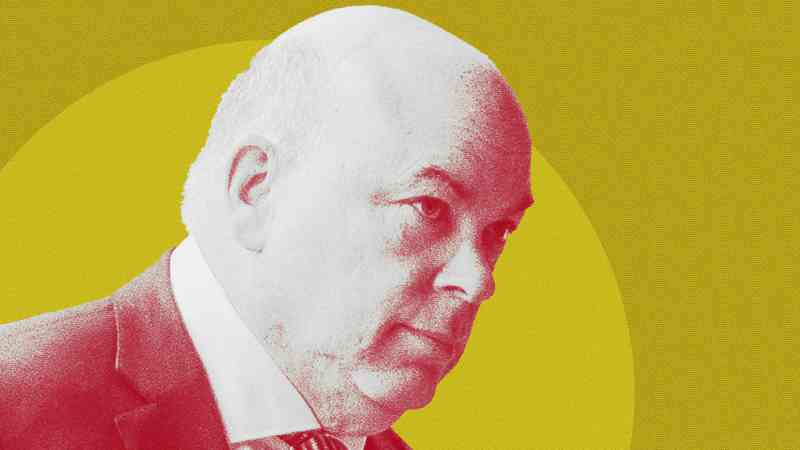
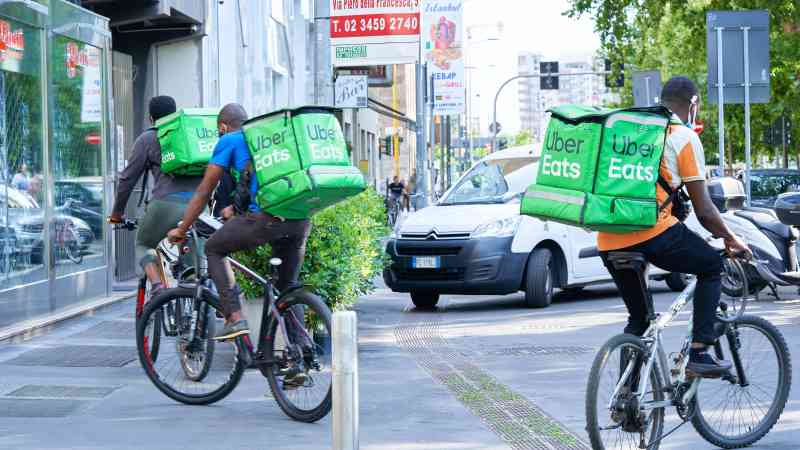
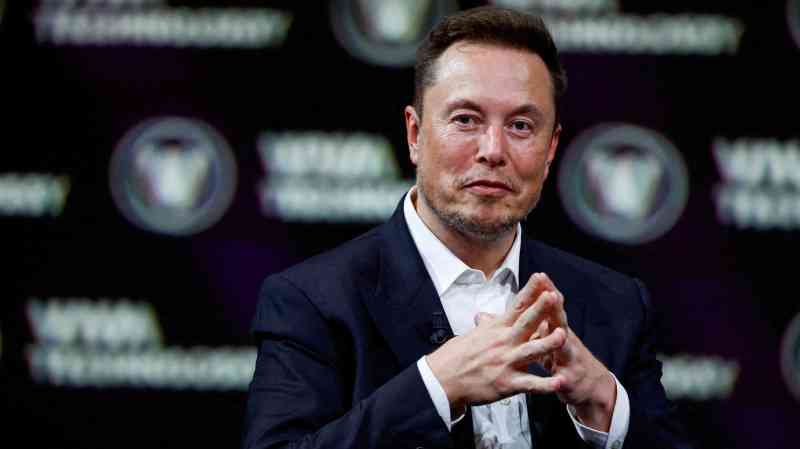
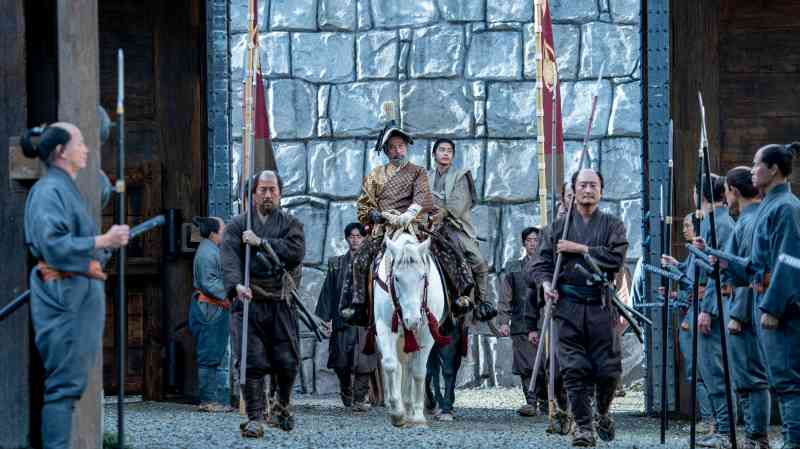
Post Comment